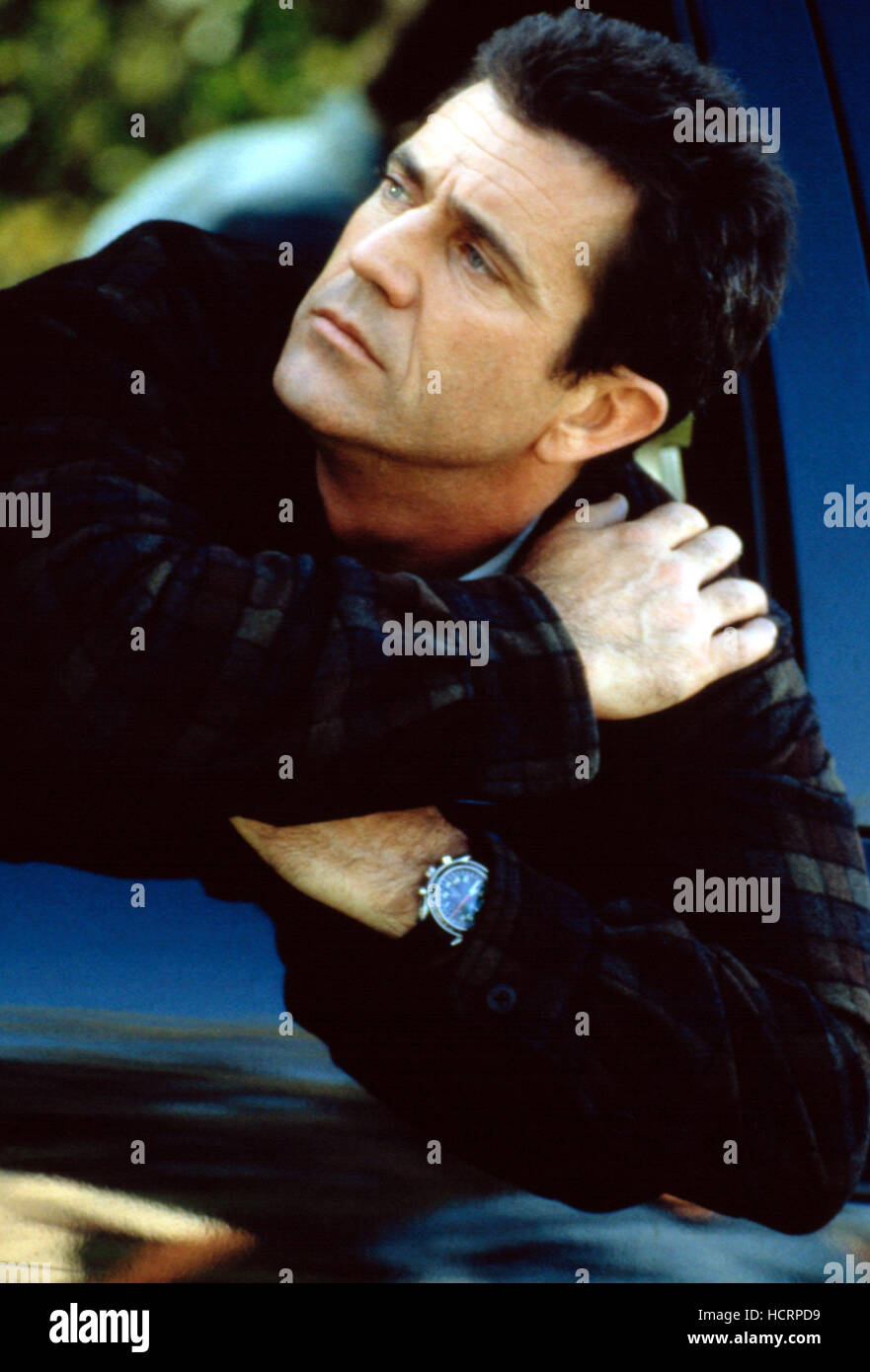Mel Gibson is a name that evokes a wide range of emotions and responses, from admiration for his work as a filmmaker and actor to condemnation for his controversial statements and behavior. Over the years, Gibson has found himself at the center of numerous controversies that have significantly impacted his career and public perception. This article delves into the various controversies surrounding Mel Gibson, exploring their implications and the ongoing discourse surrounding his legacy.
Early Career and Rise to Fame
Mel Gibson’s journey in Hollywood began in the late 1970s. He gained recognition for his role in the “Mad Max” franchise and solidified his status as a leading man with films like “Lethal Weapon.” His charisma and talent led to a successful directing career as well, with works such as “Braveheart,” which won five Academy Awards, including Best Picture and Best Director.
The First Major Controversy: Anti-Semitic Remarks

The first major public controversy surrounding Gibson occurred in 2006, when he was arrested for DUI in Malibu. During the arrest, he made anti-Semitic remarks that sparked outrage worldwide. He reportedly said, “The Jews are responsible for all the wars in the world.” This incident led to widespread condemnation from various communities and organizations, including the Anti-Defamation League, which labeled his remarks as “hate speech.”
The Aftermath of the DUI Incident
Following the incident, Gibson issued an apology, acknowledging that his words were “despicable” and “unforgivable.” However, the damage was done, and many in Hollywood distanced themselves from him. Some notable reactions included:
- The cancellation of various projects that were in the pipeline.
- Public figures, such as director Paul Haggis and actor Whoopi Goldberg, expressing their disapproval and disappointment.
- Organizations like the Simon Wiesenthal Center calling for a boycott of his films.
Racism and Misogyny: Tapes That Shook the World

In 2010, Gibson faced another wave of backlash when recordings of him making racist and misogynistic comments surfaced. The tapes, which were part of a domestic dispute with his then-girlfriend Oksana Grigorieva, showed a side of Gibson that many found shocking. He used racial slurs and made violent threats, leaving many to question his character and integrity.
Public Reaction and Consequences

The release of these tapes had significant repercussions for Gibson:
- He was dropped by his agency, William Morris Endeavor.
- His film “The Beaver” faced challenges in securing a release and distribution.
- Actors and actresses, including Jodie Foster, who had worked with Gibson in the past, faced scrutiny for their associations with him.
Many in the industry began to reconsider their relationships with Gibson, and he became a pariah in Hollywood, with many questioning whether he would ever return to prominence.
Attempts at Redemption: A Comeback Story?
Despite the controversies, Mel Gibson has made attempts to stage a comeback in Hollywood. In 2016, he directed “Hacksaw Ridge,” a war film that received critical acclaim and earned him an Academy Award nomination for Best Director. This marked a significant point in his career, signaling a potential redemption arc.
Industry Reception and Public Perception
The reception of “Hacksaw Ridge” raised questions about forgiveness and the capacity of the industry to reintegrate controversial figures:
- Some critics praised Gibson’s directorial skills while others remained skeptical of his personal beliefs.
- Audiences were divided; some celebrated his return, while others boycotted the film based on his past behavior.
The film’s success highlighted a broader debate in Hollywood regarding accountability and the potential for personal change, as audiences grappled with separating the art from the artist.
The Ongoing Debate: Should We Forgive Mel Gibson?
The question of whether to forgive Gibson is a complex one. Many argue that his past actions are unforgivable, while others believe in the possibility of redemption. This debate has significant implications for how society views public figures and their ability to recover from controversy.
Arguments for Forgiveness
Some arguments in favor of forgiving Gibson include:
- Time and growth: Many believe that people can change over time and that Gibson’s past should not define his future.
- Artistic merit: Advocates argue that separating the artist from their work allows for a more nuanced appreciation of artistic contributions.
- Public discourse: Gibson’s experiences can serve as a catalyst for discussions about racism, anti-Semitism, and misogyny, encouraging growth and awareness.
Arguments Against Forgiveness

Conversely, those against forgiving Gibson argue that:
- His actions reflect deep-seated prejudices that cannot be overlooked.
- Forgiveness may enable problematic behavior and undermine accountability.
- Public figures must be held to a higher standard, given their influence and impact on society.
The Future of Mel Gibson
As of 2023, Gibson continues to work in the film industry, with recent projects such as “Fatman” and “Billionaire’s Boys Club.” However, his past controversies continue to shadow his career, leading to ongoing discussions about his legacy.
Industry Attitudes Towards Controversial Figures
The landscape of Hollywood is changing, with increasing scrutiny on individuals who have faced allegations of misconduct or have made offensive statements. Gibson’s presence in the industry raises questions about whether audiences and colleagues can forgive and forget. The potential for redemption for controversial figures remains a contentious issue, as:
- New voices and perspectives emerge, calling for accountability.
- Audiences become more discerning about the media they consume.
- The industry grapples with its history and the implications of re-embracing controversial figures.
Conclusion: The Complex Legacy of Mel Gibson
Mel Gibson’s legacy is undoubtedly complex, marked by a blend of artistic achievement and personal controversy. As he continues to navigate his career in the shadow of his past, the discussions surrounding forgiveness, accountability, and the potential for change remain relevant. The controversies surrounding Gibson serve as a reminder of the power of public figures and the importance of holding them accountable for their actions. Ultimately, whether audiences choose to forgive Gibson or not, the ongoing dialogue about his legacy reflects broader societal issues regarding intolerance, redemption, and the capacity for change.